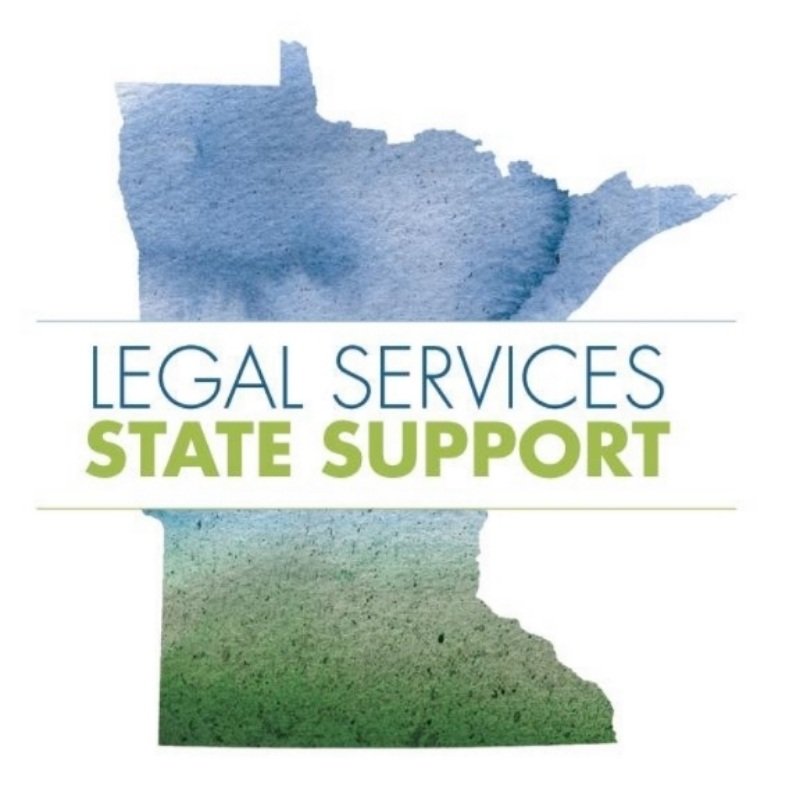According to a new debt litigation report from the Minnesota State Bar Association’s Access to Justice Committee (A2J), policies for Minnesotans being sued for debt are not being applied uniformly or equitably. The MSBA’s comprehensive report, issued on October 10th, is the first of its kind to delve into the issue of debt collection lawsuits and present a data-informed roadmap for civil courts.
In its overview, The Pew Charitable Trusts, which supported the A2J committee in the report’s creation, highlights the need for consistency in order to assist Minnesotans without lawyers as they navigate the court system. Because the state gives plaintiffs a choice between conciliation and district court (for debts involving $4000 or less), plaintiffs often choose district court, which favors those represented by a lawyer while presenting additional barriers for the self-represented. Small claims court, on the other hand, is simpler and more accessible for both sides. Additionally, the report’s analysis shows that more than half of the cases filed in district court from 2018 - 2021 were actually eligible for conciliation court. Minnesota’s two-venue system is resulting in a higher default rate as defendants without attorneys are directed away from small claims court.
Pew’s overview concludes, “Ensuring that the same rules apply to all plaintiffs suing for small dollar amounts would make debt litigation processes in Minnesota less onerous for consumers—and help them receive the benefit of policies in place to assist them. It also would allow state civil courts to resolve debt issues in a more consistent, equitable manner.” Read more in “How Minnesota’s Dual System for Civil Debt Cases Harms Consumers.”

